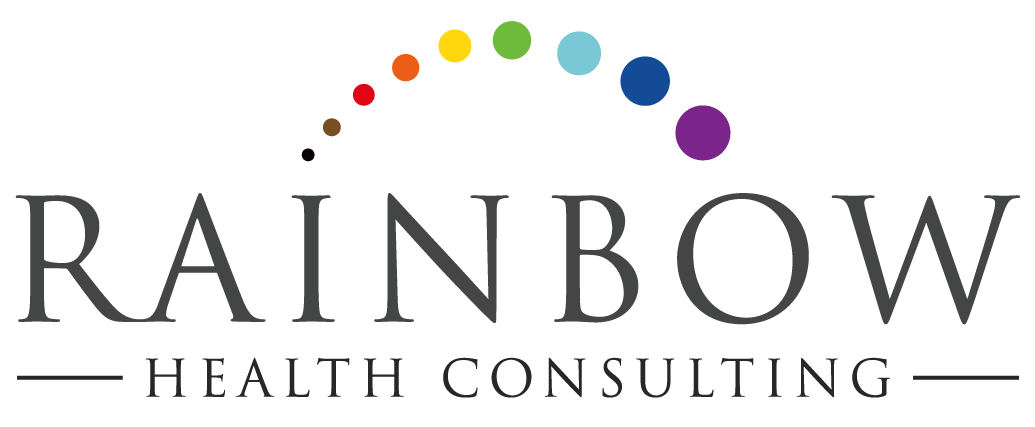Three Ways in Which the October 8 SCOTUS Arguments Negatively Impact LGBTQ+ Health
On October 8th, the Supreme Court of the United States is scheduled to hear arguments for three significant cases that will determine if federal employment discrimination laws that were first passed in 1964 cover LGBTQ+ employees. These laws ban discrimination on the basis of sex and decisions as to whether sexual orientation and gender identity are included under that category will shape policy and law moving forward.
The very arguments around these cases are potentially damaging to queer mental health for several reasons. Here are just three:
Supreme Court of the United States
Like every other working American, LGBTQ+ people want to exercise their freedom to make their own decisions about where and when to work. LGBTQ+ Americans have as much right as everyone else to choose the work that fulfills them and that pays their bills. The ability to choose one’s own options for job and career can have significant ripple effects on sense of self-worth. An open license to discriminate against LGBTQ+ employees contributes to instability in the form of wage insecurity and pay differences for queer people throughout the employment cycle. Facing the fear of discrimination throughout this pipeline can have a detrimental effect on our mental health as we attempt to provide for our partners and families.
Stigma, discrimination, and bias against LGBTQ+ people fuel bullying. Adults and children alike face bullying related to their LGBTQ+ identities or perceived identities throughout the lifespan. When cases that question one of our most central identity are brought to the courts, people may question why we have to be “out” at all in the workplace. Hiding our identity may impact our partner or spouse’s ability to receive health insurance or benefits, and may restrict transgender employees’ ability to access needed care for transition-related health services. A hostile work environment may be exacerbated by negative media coverage of these cases, causing greater mental distress of LGBTQ+ employees and co-workers.
Even asking the question of whether we are worth protecting damages our mental health. Discrimination against LGBTQ+ people has been linked to greater risks of psychiatric disorders and suicide. Acceptance and social support, on the other hand, have been shown to reduce suicidality and adverse mental health concerns. The very idea that our job security may be threatened by an adverse court decision may cause a flare up of internalized homophobia, which is the feeling in a queer person that our identity is somehow “less than” or that we are less deserving of the protections that cisgender and/or heterosexual peers receive. That internalized homophobia has been linked to adverse health outcomes related to self-injurious behavior and poor mental health.
Queer people will continue to exist no matter what decisions are made by the highest court in the land to disappear us, and no matter what politicians at all levels believe about our fitness to serve in every occupation in every state in the nation. If SCOTUS affirms that our sexual orientations and gender identities in fact are protected by employment non-discrimination law, it will be a strong win for our communities. However, if the justices fail to bring equity to these significant decisions, our very sense of self will be rattled to the core, and will have huge implications for our future career paths.
Regardless of what happens when the decisions come down in the spring or summer of 2020, the feelings that we have right now as our lives and professional success are held up for scrutiny by SCOTUS damage our mental health and well being. Fear of discrimination throughout the process of employment from the first interview to our last day on the job causes distress and alarm especially in states where there are no laws to protect us.
Our youth, the future LGBTQ+ employees of the United States, are watching and listening to how these decisions will go down. How we frame it for them and support their mental health through this will determine how we as a community survive. We must reach out to our most economically vulnerable community members at this time to ensure that their choices of workplace, level of disclosure of their identities, and feelings of self-worth are all protected during this exposed time.

